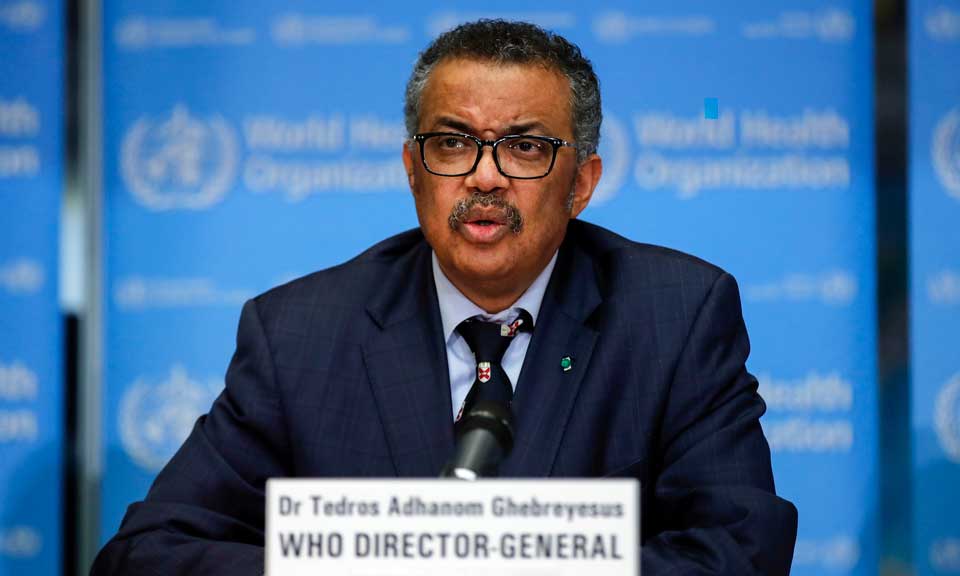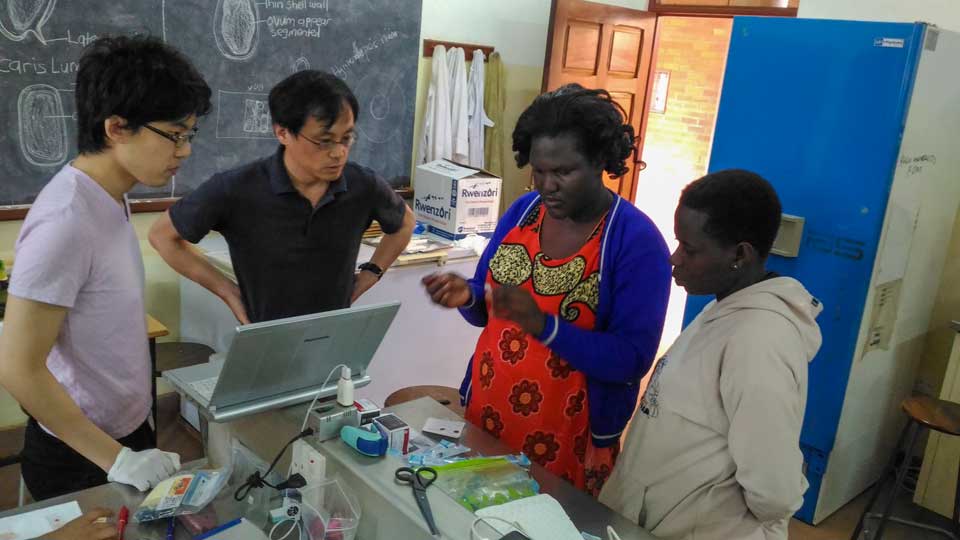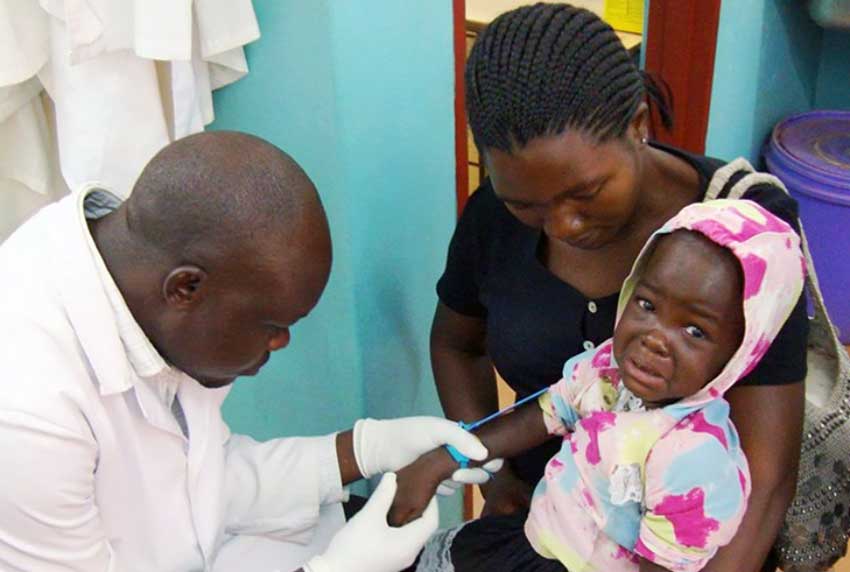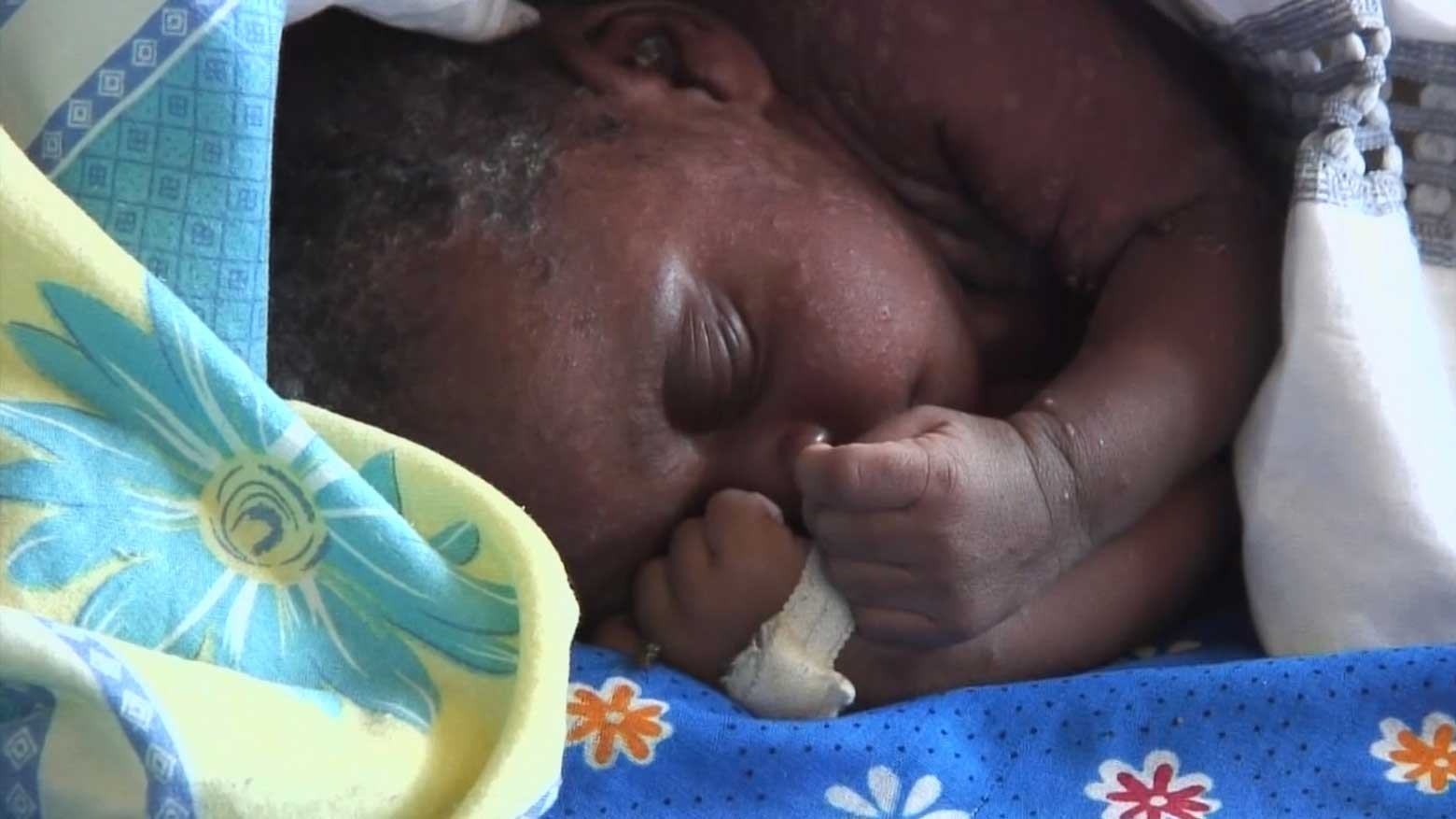It was Uganda in 2008 and a mother was sitting beside a hospital bed, wiping sweat from her baby. She had walked for several days to reach the facility.
Even though she wasn't certain that her child had malaria she said she couldn't take any chances. She had already lost another child to the disease.
Staff said it wasn't unusual for parents to travel such long distances, often on foot, because there were no medical facilities that could deal with malaria in most villages.
The hospital was at the frontline of a battle against a disease that still kills nearly 400,000 people a year in Africa. More than half of them are children.
Ten years on, a new vaccine could slash those numbers.
History in the making
World Health Organization Director-General Dr. Tedros Adhanom has hailed it as a historic moment. "The long-awaited malaria vaccine for children is a breakthrough for science, child health and malaria control," he said as he announced that his organization was recommending its widespread use.

British pharmaceutical firm GlaxoSmithKline developed the vaccine and the WHO coordinated a pilot program from 2019, giving 2.3 million doses to more than 800,000 children in Ghana, Kenya and Malawi.
The results suggest it could cut severe cases of the disease by around 30 percent.
Scientists have been working on a vaccine since the 1980s, but the mechanism of the disease presented a problem.
Malaria is caused by a parasite that is transmitted to humans by mosquitos. Professor Mita Toshihiro, who heads the Tropical Medicine and Parasitology department at Juntendo University's Faculty of Medicine, says the parasite has been the stumbling block because it can morph inside the human body, altering its antigens — the molecules that stimulate an immune response.
Even if a vaccine can recognize one set of antigens, the parasite can produce a new configuration.

Mita says that's why the WHO has been clear in saying the vaccine should be used alongside current control measures, instead of replacing them. Insecticide-treated bed nets and other measures to prevent mosquito bites are still necessary, as is early and effective treatment. "We're still midway in the battle against malaria, and the vaccine merely gives us an additional weapon to fight the disease," he explains.
There is also the question of whether the vaccine can even reach the people who need it most. Many parts of Africa lack the necessary transportation and medical infrastructure, a problem complicated by the fact that the vaccine needs to be administered in four doses.

A recent study led by Mita has raised another concern. The researchers found that a malaria resistant to artemisinin, one of the most effective drugs to treat the disease, has been spreading rapidly in East Africa. He says there's a risk that current treatments could be rendered entirely ineffective.
To address the threat, he and other researchers are monitoring genetic changes in malarial parasites. They are trying to develop diagnostic methods for early treatment and infection control.
More than a health issue
Mita describes malaria as the biggest public health crisis facing Africa. He also says it exacerbates poverty by keeping children away from schools and causing adults to lose their jobs. And he says if the past two years have taught us anything, it's that problems on such a scale have a way of spreading across the world.
"With the coronavirus pandemic, people around the world have seen how a virus transcends borders and spreads the risk of infection globally. Malaria is also a problem that must be dealt with on a global scale."
And although scientists still don't have a clear picture of how climate change is affecting the disease, there are concerns it could expand mosquitos' habitat to regions previously unaffected. The United Nations also warns that increased temperatures, rainfall and humidity could speed up the growth cycle of mosquitos and allow them to proliferate at higher altitudes, reaching villages previously not in the malaria zone.
The UN includes ending the malaria epidemic by 2030 in its Sustainable Development Goals. And if there is any chance of that happening, the disease has to be fought as a global, not regional, issue.

